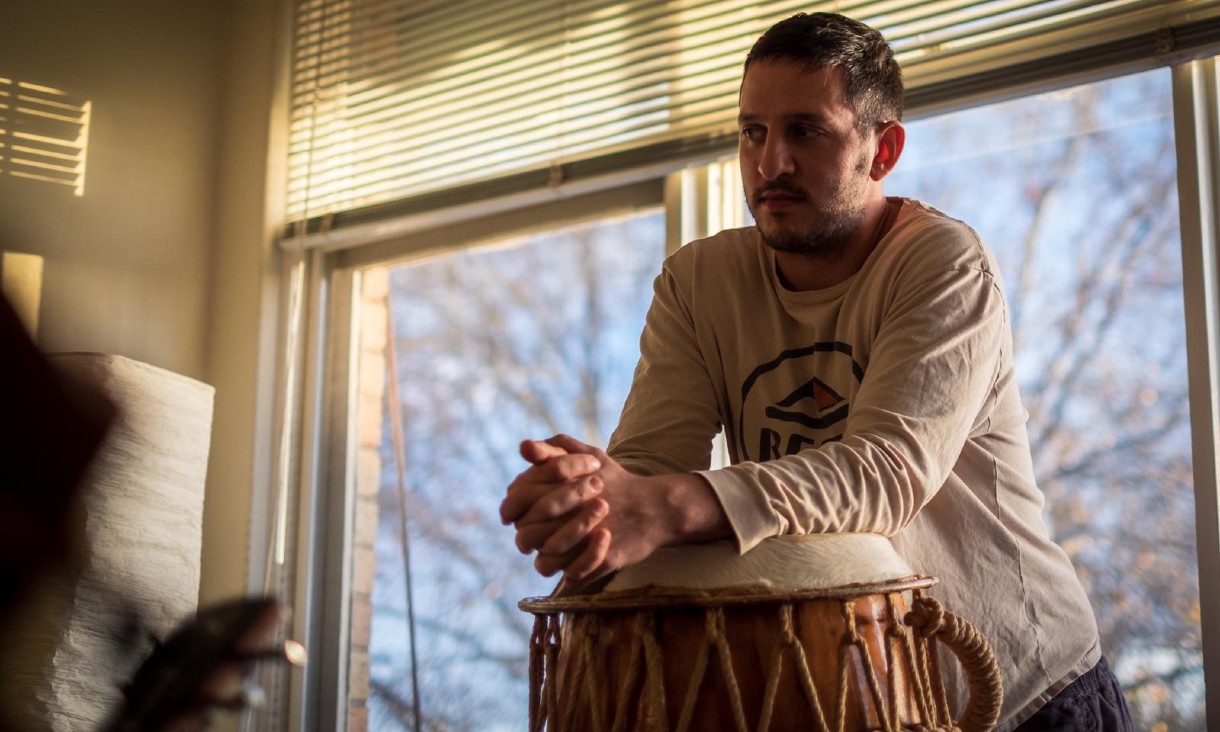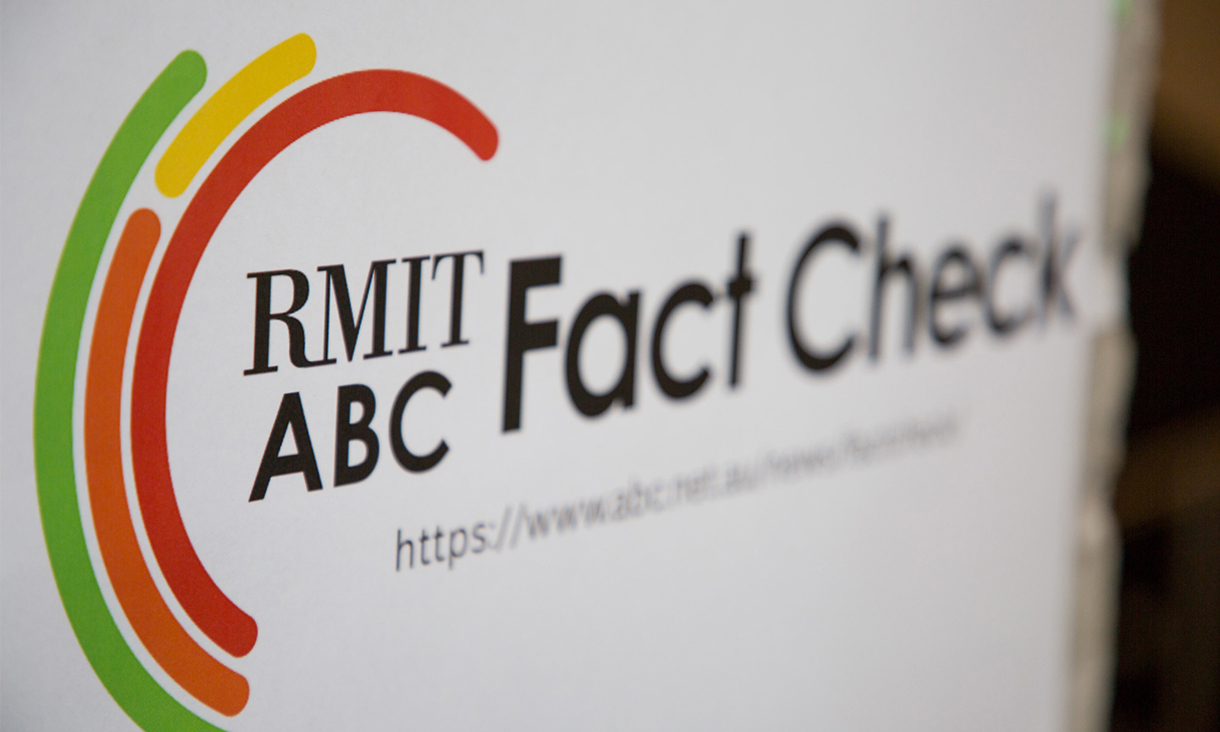Information and communication technology underpin almost everything we do, from graphics, games and robotics, to artificial intelligence, data science and cloud computing.
With the explosive growth of the tech industry, Australia's top five emerging jobs demonstrate the need for skills in automation or artificial intelligence (as seen in LinkedIn's Emerging Jobs report for 2020).
We asked Dr Damiano Spina, lecturer in the School of Science (Computer Science & IT discipline), what sets RMIT apart for IT studies. Teaching in RMIT’s Master of Data Science and Master of IT, Spina is an expert in Information Retrieval and Text Analytics, interested in analysing fake news and virtual agents, and connected with major industry partners through work with Facebook, SEEK and ANZ.
Learn the skills to succeed
 Dr Damiano Spina
Dr Damiano Spina
RMIT’s computer science and information technology courses prepare students to champion the responsible use of rapidly emerging autonomous decision-making technologies and be able to communicate ideas and issues.
“As systems become more and more complex, we will see even more demand for professional skills like communication and teamwork,” Spina says. “Our students will need to be able to work in multi-disciplinary teams to solve problems.
“From creating software using agile methodologies to integrating machine learning and AI into complex systems, computer science and information technology specialists will need to communicate with business analysts, social scientists and lawyers to address legal, ethical, and policy issues of data and systems, as well as technical challenges.”
Hear the current trends and insights from industry experts
The skills needed to work in AI and data science projects are in huge demand: a good understanding of machine learning, cloud computing, and cybersecurity. At RMIT, students learn the current skills in demand through guest lecturers and industry experts.
“We invite data science experts from different industries to help students understand the diversity of the skills needed to become a successful data scientist,” Spina says.
“They talk about how blockchain is being used in the banking domain, or how cloud computing services such as Google Cloud Platform and Amazon Web Services can be used in machine learning as a commodity.”
Work on real-life projects
RMIT students work with industry partners on projects and case studies, giving them the real-life experience to feel confident in the field even before they graduate.
“One of the most exciting aspects of my job is that I mentor brilliant students who will be the next generation of data scientists,” Spina says. “One of my favourite recent projects was in collaboration with RMIT ABC Fact Check to develop a prototype social media monitoring tool to assist fact-checkers when targeting misinformation online.
“I’ve also been lucky enough to work with different industry partners for research projects, including Inference Solutions, SEEK, and in the Cortana Intelligence Institute with Microsoft Research.”

RMIT collaborates with the Melbourne Data Science Meetup, one of the largest of its kind in the world. It provides clear pathways into the data science community on both a social and professional level, with students in the Datathon gaining opportunities to receive mentorship from industry experts.
In the 2019 Melbourne Data Science Datathon, a successful team of RMIT students were mentored by experts from ANZ Bank, receiving a prize for their project and going on to internships at ANZ.